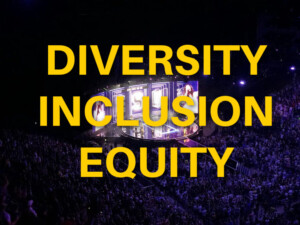
Hillsong Releases Major Racial Diversity, Equity, and Inclusion (DEI) Update
Hillsong has released a significant update to their megacorp organization, announcing the hiring and creation of a Global Race Diversity and Inclusion Committee team and strategy to ensure that the church is operating in an equitable manner and making sure there are sufficient minorities and women on staff and in positions of


